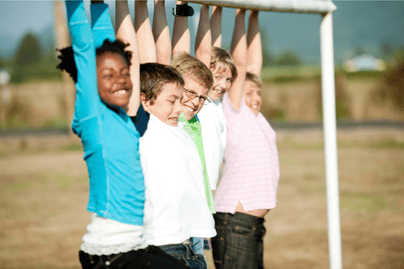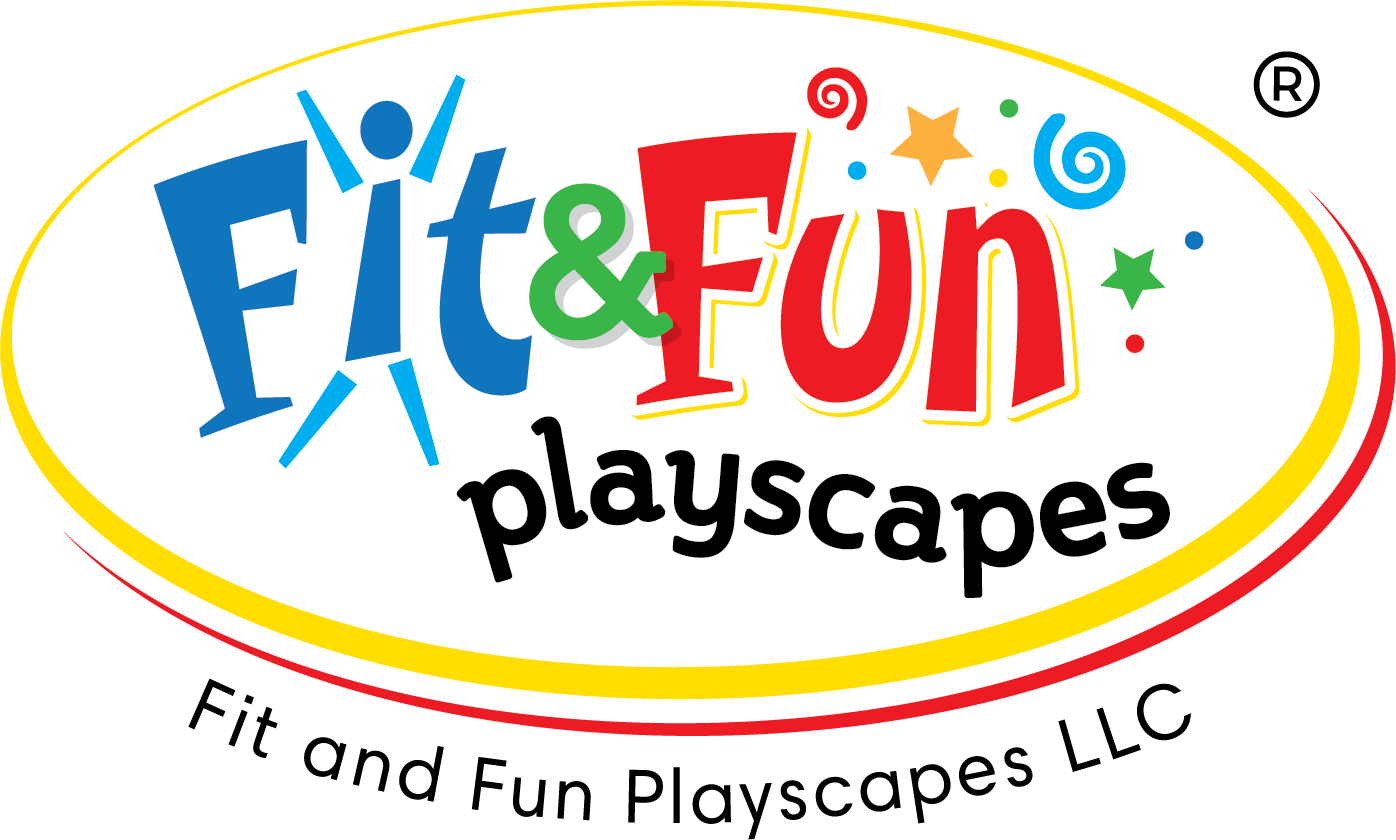What is Positive Behavior Intervention Support (PBIS) Framework?
 What is Positive Behavior Interventions and Supports (PBIS) Framework?
What is Positive Behavior Interventions and Supports (PBIS) Framework?
Positive Behavior Interventions and Support (PBIS) framework is a commitment to analyzing student behavior through systems-wide change and addressing those behaviors where necessary. PBIS isn't a curriculum or lesson plan or an on-site training - it is a commitment to change, like a social contract.

The Three-Tiered System of PBIS
As mentioned, Positive Behavior Interventions and Supports (PBIS) works in a three-tiered framework focused on behavioral prevention and positive behavior support. Each tier is specific to a group and progresses to more specific behavioral targeting from Tier I, Tier 2, and Tier 3. Here are the three "tiers," in order:
Tier I - Universal Prevention
From the Center on PBIS: "Tier 1 systems, data, and practices impact everyone across all settings. They establish the foundation for delivering regular, proactive support and preventing unwanted behaviors. Tier 1 emphasizes prosocial skills and expectations by teaching and acknowledging appropriate student behavior."
Examples of Tier 1 PBIS include important milestones like establishing a leadership team, developing a positive school-wide culture, and constantly monitoring data to shift plans as necessary. A few best practices tips include developing procedures to monitor and encourage positive behaviors while also addressing problem behaviors and discouraging them before they become too problematic.
Tier 1 will work for most students, but there may be a few who don't respond as well. For these small groups of students, Tier 2 may be required.
Tier 2 - Targeted Prevention
From the Center on PBIS: "Tier 2 practices and systems provide targeted support for students who are not successful with Tier 1 supports alone. The focus is on supporting students who are at risk for developing more serious problem behavior before they start. Essentially, the support at this level is more focused than Tier 1 and less intensive than Tier 3."
In other words, Tier 2 is for students who weren't seeing positive results with Tier 1 PBIS systems alone, but perhaps aren't in need of the more intensive systems at Tier 3. Tier 2 is specifically targeted at groups of students who show problem behaviors with the goal being to prevent those behaviors from growing.
Important foundational systems for Tier 2 PBIS includes developing a screening process to identify students in need of Tier 2 support, as well as behavioral expertise - which may involve hiring behavioral experts as needed.
A few examples of Tier 2 practices include increased adult supervision when compared to Tier 1 groups, as well as increased reinforcement of positive behaviors and academic supports as necessary.
Tier 3 - Intensive, Individualized Prevention
From the Center on PBIS: "At most schools, there are 1-5% of students for whom Tier 1 and Tier 2 supports have not connected. At Tier 3, these students receive more intensive, individualized support to improve their behavioral and academic outcomes. Tier 3 strategies work for students with developmental disabilities, autism, emotional and behavioral disorders, and students with no diagnostic label at all."
Plainly, Tier 3 is the most intensive and focused positive behavioral intervention support in the PBIS framework. Tier 3 introduces an assessment called an FBA, or Function-Based Assessment, to directly target and tackle problem behaviors and discover the root cause of the issue.
An FBA is essentially an assessment designed to determine the root cause of a child's problem behaviors, such as what factors in a student's environment are contributing to the behavior, why is the student engaging in that behavior, etc.
Additionally, Tier 3 involves behavioral correction supports called "wraparound supports" that use the students' natural strengths to correct problem behavior and reinforce positive behavior.
A final piece of Tier 3 systems includes placing the students' issues in a cultural/contextual support, such as:
- "Local environments such as neighborhoods and cities
- Personal characteristics such as race, ethnicity, and nationality
- Learning histories such as family, social routines, customs, and experiences
- Language such as dialect and vocabulary" (Center on PBIS)
As previously stated, only 1-5% of a problem student population will need Tier 3 intervention. However, getting this small percentage of students the positive behavioral intervention supports they need is crucial because of just how severe these behavioral problems often are. Students who need this Tier 3 of PBIS should receive the most attention, not the least.
Unfortunately, in a lot of schools - particularly those with very small budgets - these Tier 3 students are often the kids left behind. They are allowed to slip through the cracks, further harming themselves - and possibly other students - down the line. But all hope isn't lost. There are resources available for schools looking to integrate Positive Behavioral Interventions and Supports Framework into their curriculum. The Crisis Prevention Institute has a fantastic blog listing 10 PBIS-related resources to help.

Conclusion
The PBIS framework is a systems-wide alteration and commitment to ensuring positive behavioral outcomes for an entire student population. Integrating the PBIS framework into your school or district can be time consuming or resource-intensive, but the benefits are many and the outcomes undeniable.
If you're interested in integrating the PBIS framework at your school or district, we recommend heading over to the Center for PBIS, reading through their entire "Getting Started with PBIS" webpage, and perhaps downloading and discussing their PBIS Implementation Blueprint.
Updated 4/1/2022





Leave a comment